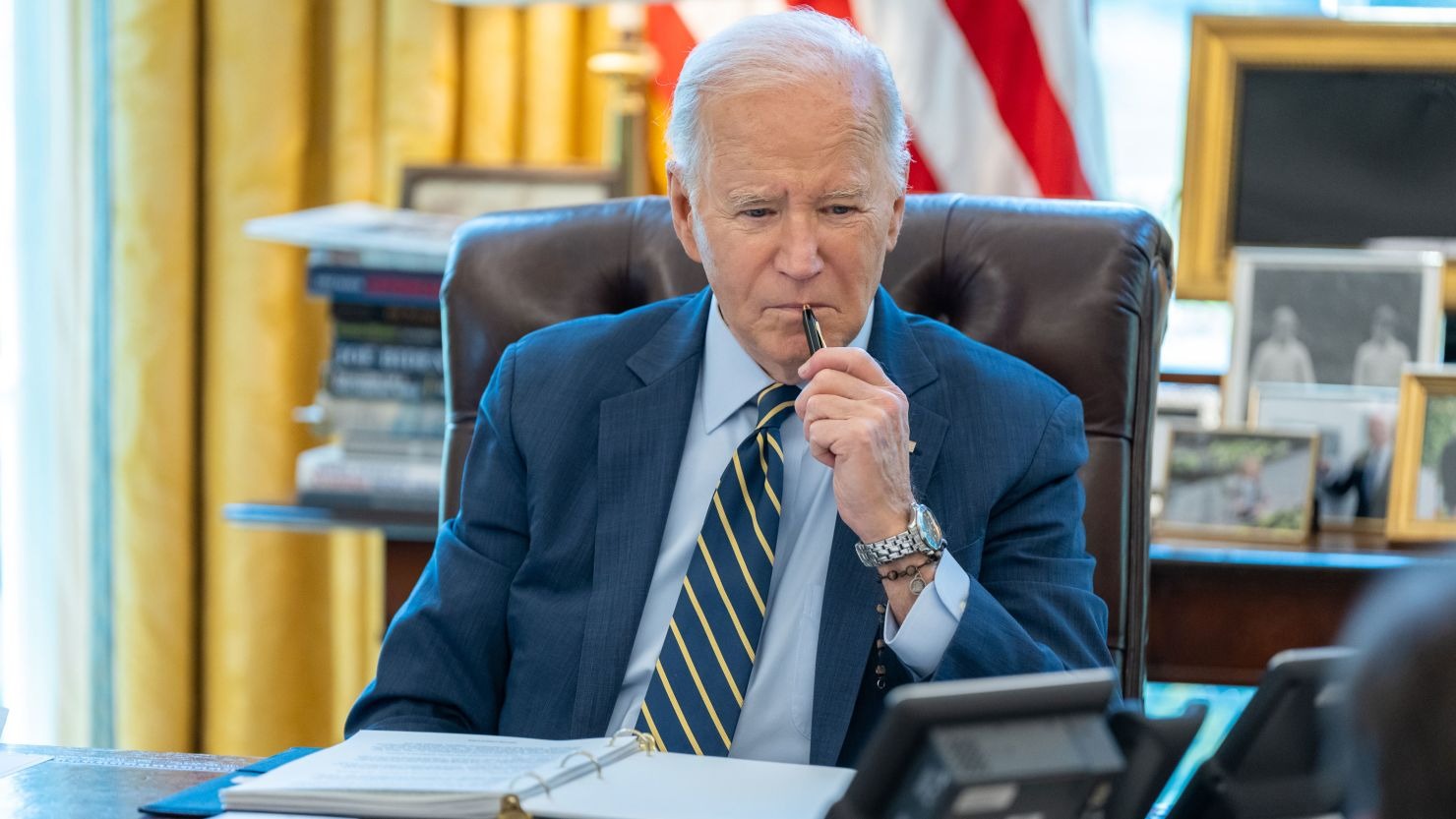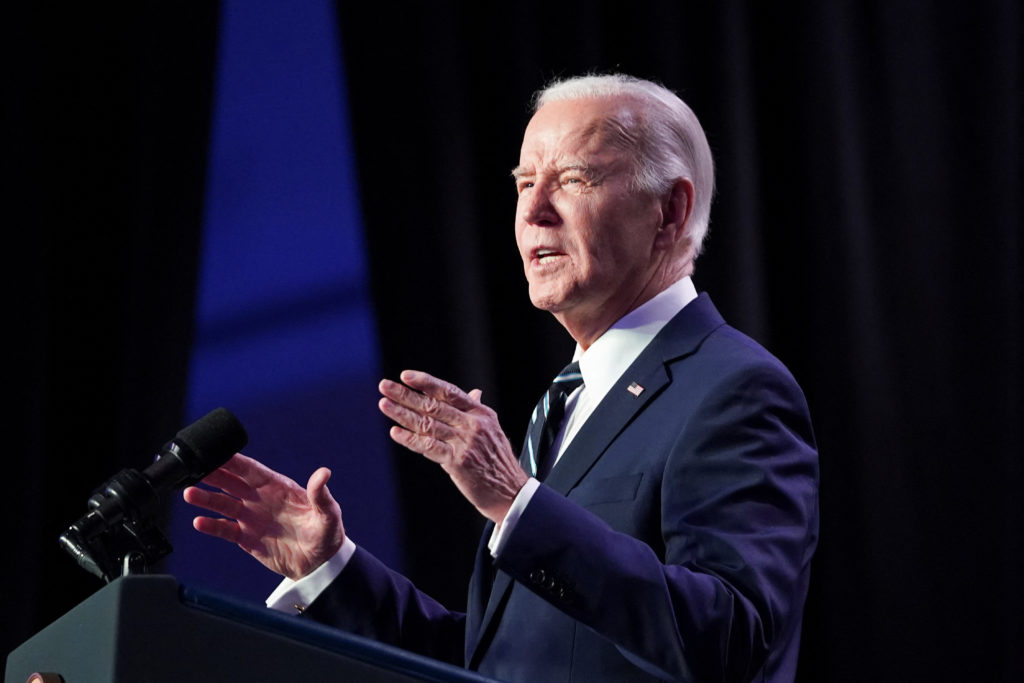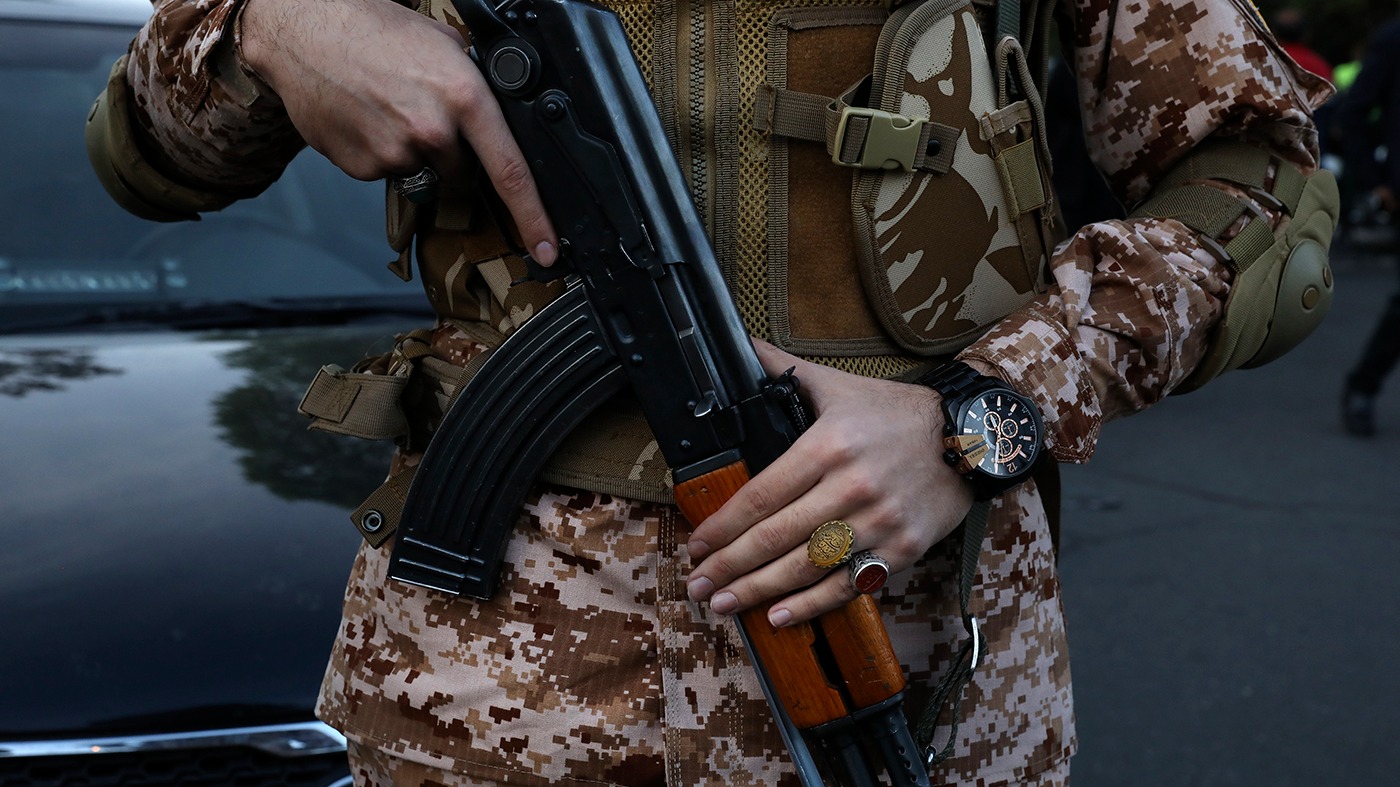The recent direct confrontation between Iran and Israel marks a remarkable escalation in their longstanding shadow conflict, bringing their volatile relationship into the public spotlight.
Over the weekend, Iran launched a substantial assault against Israel, firing approximately 300 ballistic and cruise missiles and deploying explosive drones.
This aggressive move by Tehran not only reveals its enhanced military capabilities but also signifies its growing boldness, backed by strengthened ties with major powers like Russia and China.

President Biden (Credits: CNN)
Israeli and allied defense systems were largely successful in intercepting the attack, demonstrating effective military readiness but also highlighting the high stakes involved in this regional power struggle.
The response from Israel is now a focal point of international concern, with global leaders urging restraint to avoid further escalation that could lead to a wider war.
The Biden administration has particularly emphasized the importance of de-escalation. In conversations with Israeli officials, President Biden has advised against retaliatory actions that could exacerbate the conflict.
This stance is informed by a strategic aim to prevent the current tensions from spiraling into a broader regional conflict, which could have unpredictable and far-reaching consequences.
This incident underscores a critical juncture in Middle Eastern geopolitics, as Iran appears willing to risk direct confrontation and potential retaliation from Israel. This shift towards more overt aggression is a departure from the usual covert operations that have characterized the Iran-Israel dynamic.

Joe Biden (Credits: PBS)
It reflects not only a change in military tactics but also a more profound shift in the regional power balance, influenced by Iran’s alliances with key global players opposed to U.S. interests.
The international community, including the United Nations and leading European nations, has reacted with a mix of condemnation towards Iran’s actions and calls for calm. There is a consensus on the need for diplomacy and restraint to prevent the outbreak of a larger conflict that could engulf the Middle East and draw in global powers.
As Israel contemplates its next move, the decisions made by Prime Minister Netanyahu and his cabinet will be critical in shaping the future trajectory of not only Israel-Iran relations but also the broader geopolitical landscape of the region.
The challenge lies in balancing the imperative to maintain national security with the risks of triggering a potentially uncontainable war.























